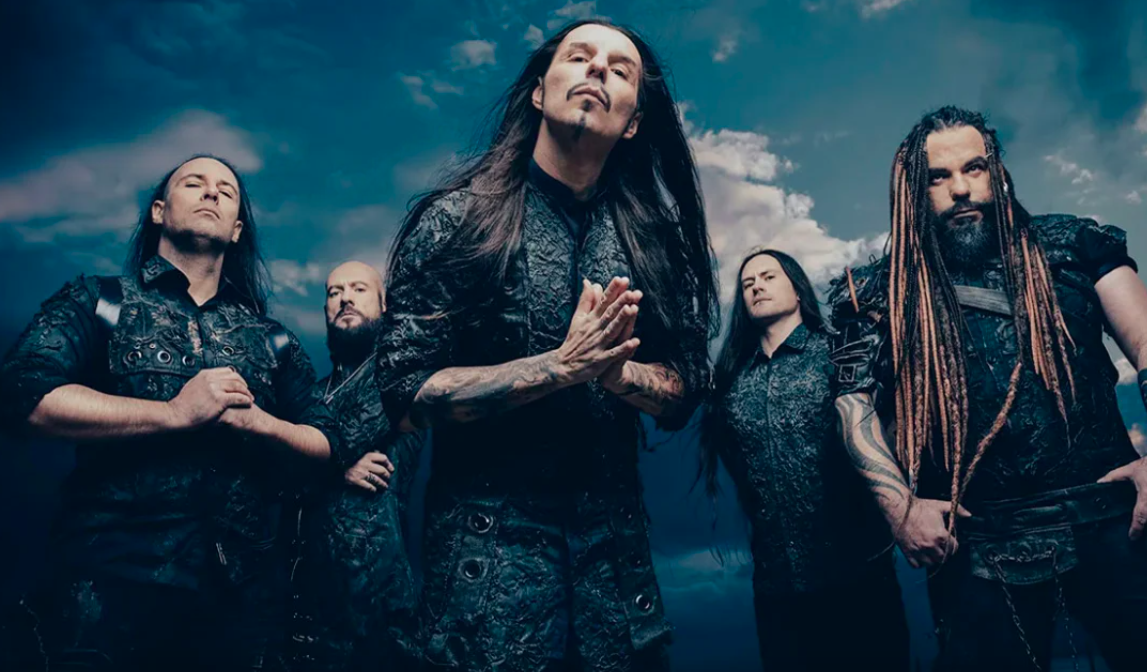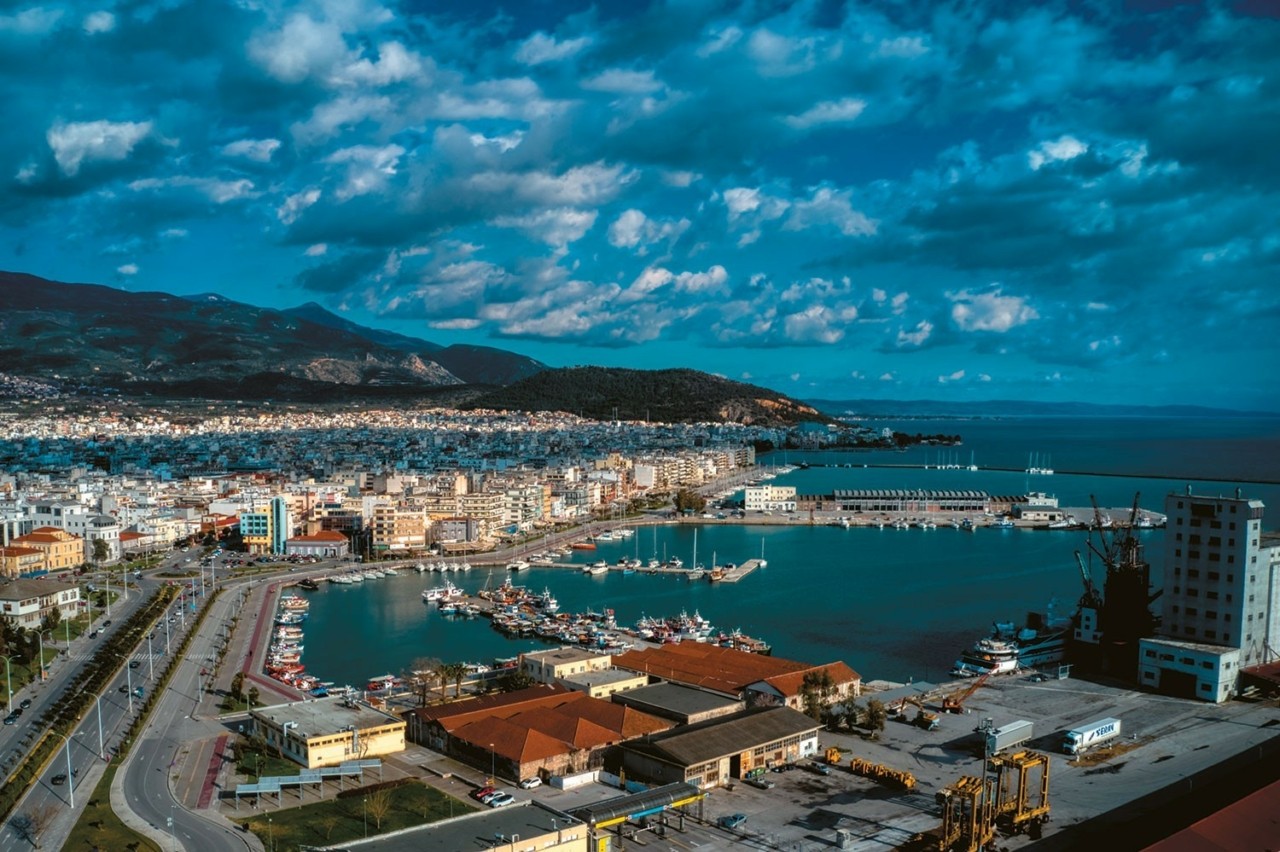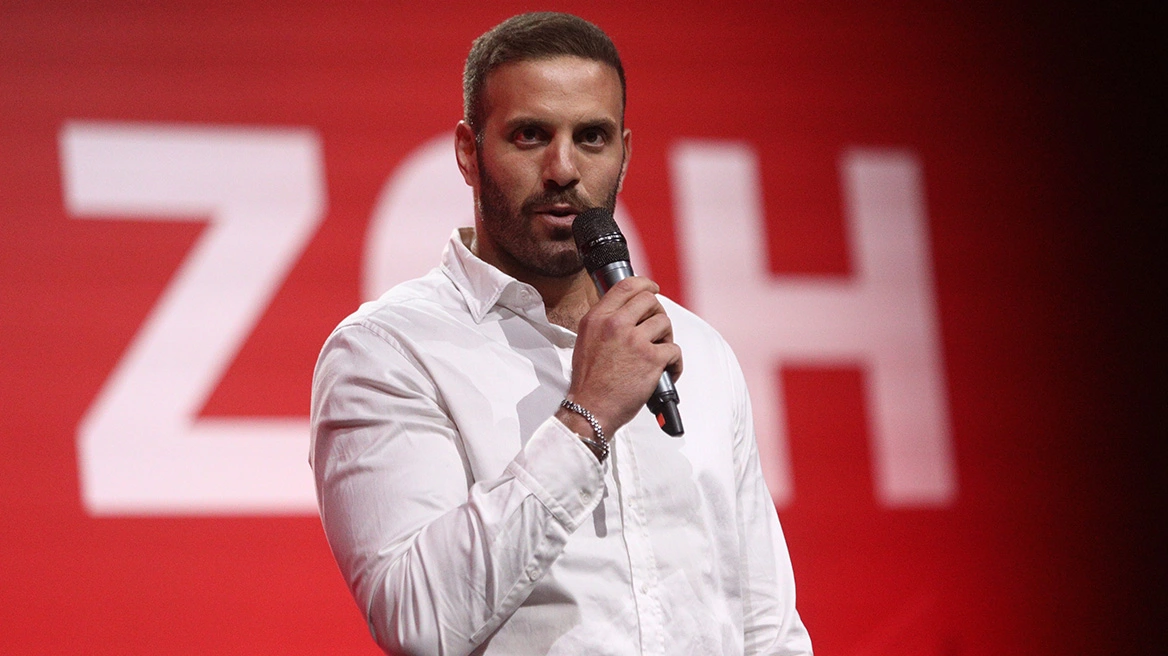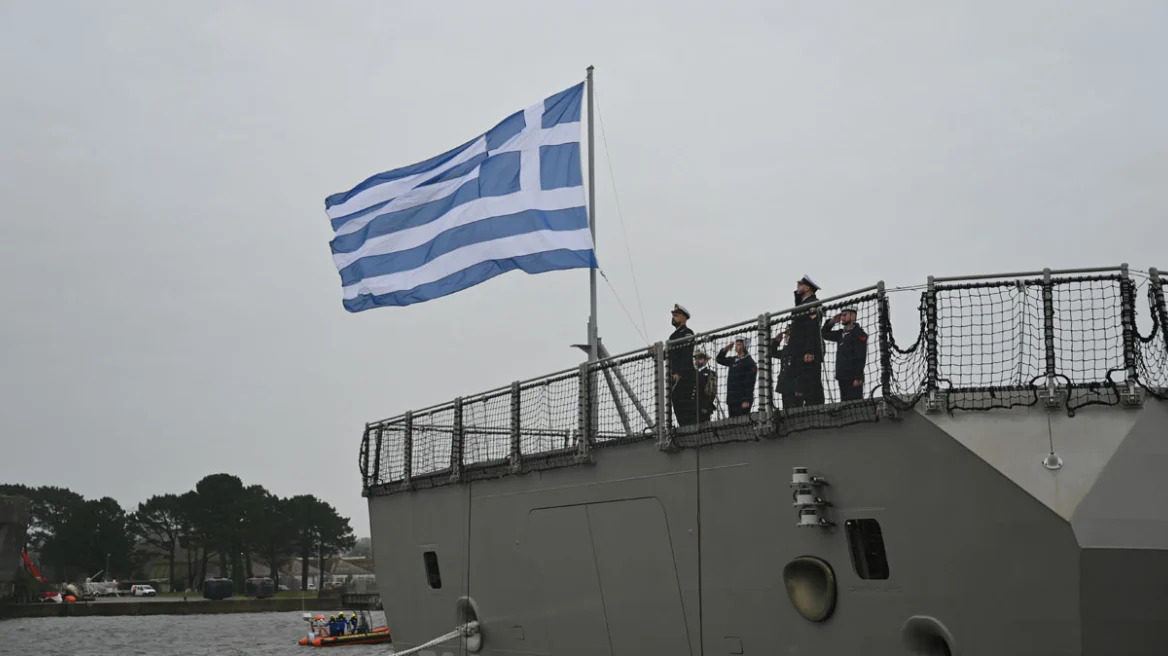On the evening of Saturday, September 28, the worlds of heavy rock and symphonic music will converge at the Herodeion, a historic Roman amphitheater in Athens. This date marks a significant milestone, as it will be the first time a metal band performs in this iconic venue. The Greek band Septicflesh, renowned for their successful international career, will collaborate with the Athens State Orchestra for a groundbreaking symphonic metal night. This event aims to demonstrate that music transcends labels, boundaries, and borders, and that all genres possess unique qualities worth exploring.
Sotiris Vagenas, a founding member of the band, spoke with protothema.gr about their journey, their successes abroad, and the prejudices they face regarding their musical genre. “It has been our longstanding desire to perform in a significant venue in Greece, and we are incredibly happy and proud of our concert at the Herodeion. Despite giving many concerts abroad with great responses, Greece and its audience remain paramount for us. However, we also feel a profound sense of responsibility, as we are the first metal band to play at the Herodeion, thereby opening doors for others in our genre. We will respect the venue fully and ensure that the sound levels do not exceed permissible limits,” said Vagenas.
He added, “We were thrilled to see that all tickets for the Herodeion sold out in just one week. I admit, I didn’t expect that. This shows that there is a dynamic audience that appreciates this music.”
Historically, it was nearly impossible for a metal band to obtain permission to perform at the Herodeion, and even today, some voices argue that this genre does not belong in such prestigious venues. Vagenas acknowledged, “Certainly, there is still some prejudice against the music we play among certain segments of the population, which is why they believe it should not be performed in archaeological sites or theaters of great historical significance. However, our music is neither inferior nor offensive. It is unfair to label musical creation; it’s purely a matter of taste whether someone enjoys it or not. It’s not surprising that until a few years ago, we wouldn’t have even dared to request the Herodeion for a concert. Times are changing, though, and it’s very positive that people are broadening their horizons, leaving behind their fears and embracing the essence of music. In our case, I believe that our good reputation and the successes we have achieved abroad played a significant role in securing the Herodeion.”
Septicflesh was formed in 1990 by Sotiris Vagenas, Spyros Antoniou, and Christos Antoniou—three young men who sought to express themselves musically through death metal, a sound that was not widely popular in Greece at the time. Over the years, they began to blend heavy rock with symphonic elements, following a “recipe” that many successful foreign rock bands had already tried, while also incorporating their unique characteristics. Vagenas explained, “This band was created by three individuals with completely different tastes, yet we shared common interests, such as our love for soundtracks. Generally, we were not strictly committed to metal, nor did we wear blinders. That’s why we did not limit ourselves to a hard metal sound; instead, we combined it with other elements, such as symphonic music and traditional instruments. It is well-known that many famous rock bands in the past have rendered their songs with classical sounds. We drew from those influences and adapted them to our style, aiming to create something that we would enjoy, first and foremost. We believe that every composer should bring something new to the table; thus, copying something that already exists was never our intention. We embraced concepts that do not conform to traditional rock band norms. We approached everything through a musical lens. For instance, we enjoy using traditional instruments like the bouzouki because we feel they add something relatable and human. Many of our lyrics are rooted in mythology, which harmonizes beautifully with these instruments.”
Bringing their work to a wider audience has not been easy. However, the quality and originality of their sound, coupled with fruitful collaborations abroad, paved their way to larger audiences. Vagenas reflected, “When we started in the ‘90s, things were very challenging. There were no infrastructures and not many bands interested in this style of music. For this genre, Greek musicians often have to turn to international markets since there is a larger audience abroad. Therefore, outwardness is both imperative and necessary. There are many examples in Greece of artists who first succeed internationally and then gain recognition at home. If we hadn’t found success abroad, we wouldn’t have had any hope here. It was indeed difficult to connect our work with foreign audiences, but gradually we managed to do so. Our music resonates with many people, and that’s how opportunities began to open up. It’s incredibly gratifying for us to have established close relationships with people from abroad. Undoubtedly, it gives us immense satisfaction when foreign listeners tell us that our music has helped them through challenging phases in their lives.”
Throughout their journey, Septicflesh has released nine albums and performed numerous concerts worldwide. Notably, they delivered a live performance in 2019 at the Metropolitan Theater in Mexico, captivating over 3,000 attendees. It was an impressive, large-scale musical spectacle featuring a choir and orchestra, which was recorded and subsequently released as their first live album. “The success of that night opened many doors for us and bolstered our strength and confidence,” admits Vagenas.
As for the program they have prepared for the Herodeion, Vagenas revealed that it is specially designed for this venue, emphasizing the orchestral aspects of their work while including some unreleased tracks composed by Christos Antoniou for Mandragora, an upcoming video game set to be released soon. The 60-member Athens State Orchestra will be conducted by Dutch maestro Koen Schoots, with the vocal ensemble Libro Coro participating, and guest artists including Fany Melfi and Vahan Galstyan.
Ask me anything
Explore related questions





